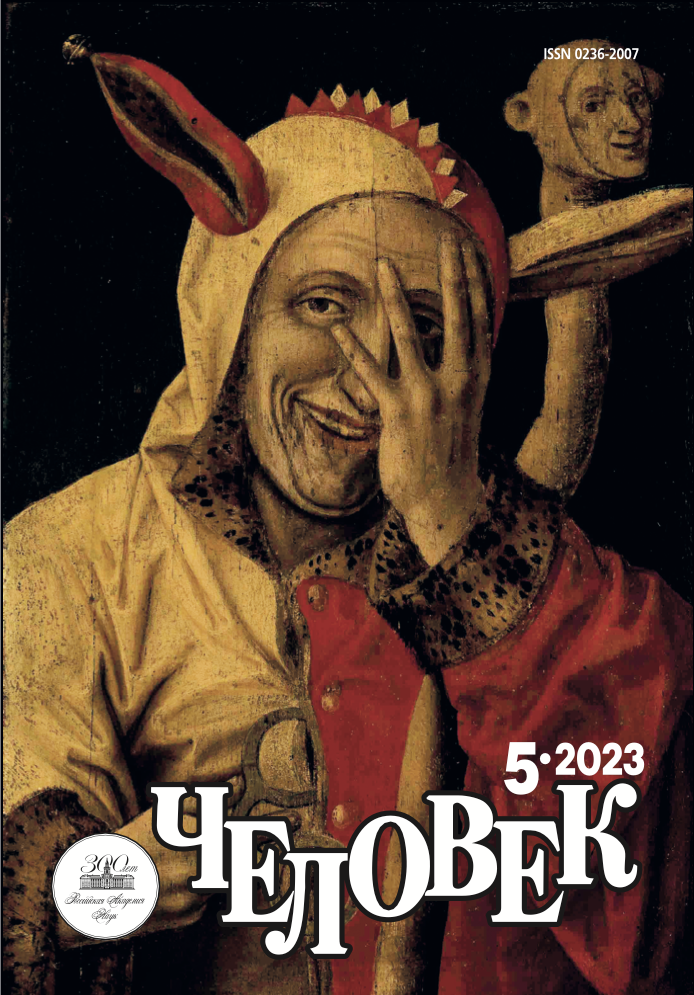Anthropological Aspects of Local Cults: Theoretical and Methodological Approaches to Studying Religious Sites of Memory
Keywords:
theories and methods of studying religion, history of religion, anthropology of religion, places of memory, veneration of saints, folk religion, vernacular religion, material religion, actor-network theoryAbstract
The article deals with theoretical approaches to the analysis of anthropological aspects of religious places of memory associated with the veneration of Christian saints. This form of religious practice is often a kind of refraction of a dogmatically formalized official religious system, passed through the prism of traditional beliefs, sometimes of archaic origin, in which the objects of worship are both officially fixed material objects (icons, sometimes sculptural images of saints or Mother-of-God, worship crosses), and unofficial locally revered shrines, including springs, stones, trees, and even landscapes. The author analyzes essentialist and non-essentialist theories used to interpret local cults of saints associated with the veneration of natural objects: the theory of dual faith (dvoeverie) and “Orthodox animism”, folk religion, lived religion, vernacular religion, material religion. The most successful methodological approach to explain the historical and cultural survival of religious places of memory, according to the author, is the actor-network theory of B. Latour. Being a non-essentialist approach, the actor-network theory does not distinguish between different types of actors: people, natural objects, and supernatural actors. Natural objects create a network between pilgrims and supernatural actors, which manifests itself in direct worship practices, an important element of which are appropriate votive offerings. Natural actors carry out the function of mediation between the worlds, connecting a person with a supernatural actor who is constantly invisibly present in a sacred place, and thus a network is built that has an important psychological significance for believers, thereby determining the social significance of religious places of memory.






